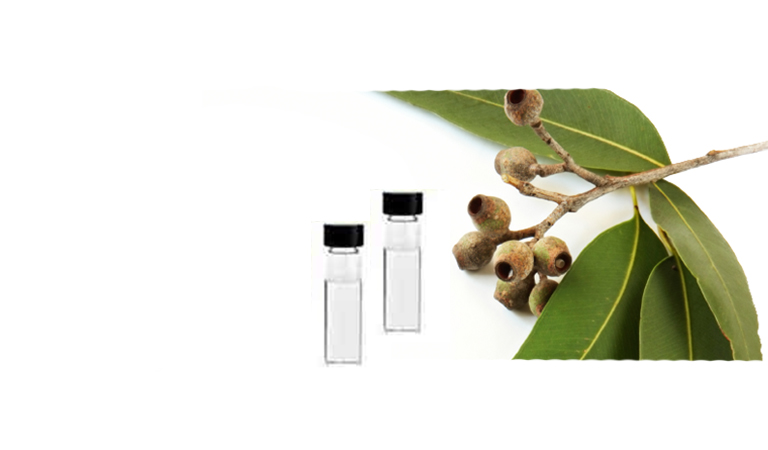उत्पाद
Peanut Oil
Peanut oil is most commonly used in Asian cultures, including the cuisine of China and Southeast Asian nations like Vietnam, Laos, and Cambodia.
Peanut oil, as the name implies, is a type of vegetable oil commonly used in cooking that is derived from peanuts, which are legumes. Peanut oil comes in a number of varieties, including refined, unrefined, roasted and cold-pressed, which have slight differences in their nutritional value and health benefits. Generally, people use peanut oil in their cooking for the interesting flavour that it can give to the food, particularly if you use the roasted variety, as well as the fact that it is healthier than many other types of oil.
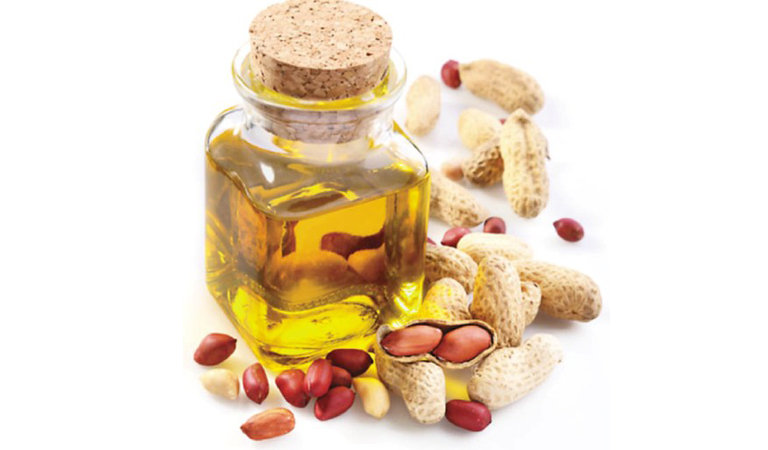
Castor Oil
Castor Oil is a very pale yellow liquid that is extracted from castor seeds (Ricinus Communis). It is an anti-inflammatory and anti-oxidant oil which has been used for centuries for its therapeutic and medicinal benefits. It is believed that most of castor oil's benefits are derived from its high concentration of unsaturated fatty acids. Although it has a strong and rather unpleasant taste, castor oil is used in cosmetics, soaps, textiles, medicines, massage oils and many other everyday products.
Castor Oil has been used both internally and externally for thousands of years due to its many wonderful health benefits. Since it can strengthen the immune system, castor oil is considered a great remedy to treat the following major illnesses and ailments: •Multiple Sclerosis •Parkinson's Disease •Cerebral Palsy •Hair loss •Pain from Arthritis and Rheumatism
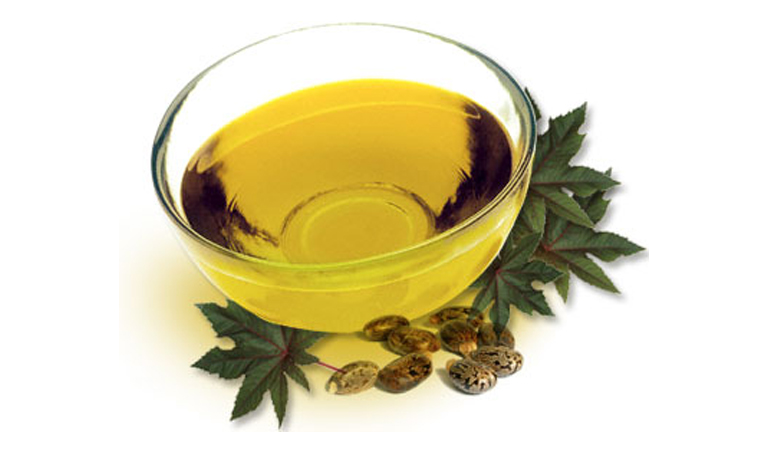
Coconut Oil
Coconut oil is an edible oil that has been consumed in tropical places for thousands of years. Studies done on native diets high in coconut oil consumption show that these populations are generally in good health, and don’t suffer as much from many of the modern diseases of western nations where coconut oil is seldom consumed anymore.
Coconut oil has a multitude of health benefits, which include but are not limited to skin care, hair care, improving digestion and immunity against a host of infections and diseases.
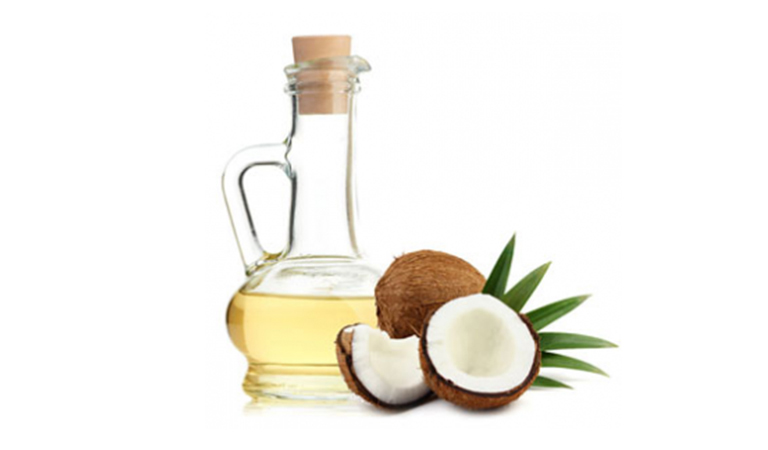
Neem Oil
Neem is an amazing gift from nature! It offers unbeaten and medically proven health and beauty benefits. The oil derived from neem seeds is ever more amazing! It is used as a main ingredient in many skin and hair care cosmetics.
In ancient Vedas, neem tree is referred to “Sarva Roga Nirvarini” – one capable of curing every illness and ailments. Neem has been used in India since thousands of years and is used extensively in many Ayurveda medicines for its disease fighting properties.
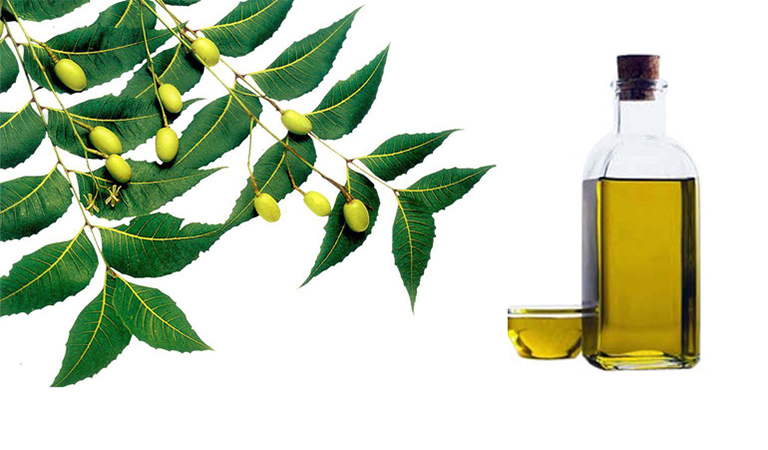
Mustard Oil
Mustard oil is a fatty vegetable oil extracted from the mustard seeds. It is dark yellow in color and slightly pungent. There are generally three types of mustard oils depending upon the manner of extraction.
Mustard oil has had contradictory reputations in different parts of the world over the years. It is very popular oil on the Indian Subcontinent, specifically in the Eastern parts of India and in Bangladesh. There, it is used as an edible oil and is considered very healthy, whereas in the rest of the world, it is often considered toxic, irritable and not suitable for edible purposes. In some parts of Europe, there is even a ban on selling this oil and in some other countries; it is sold as a massage oil reserved for external application only.
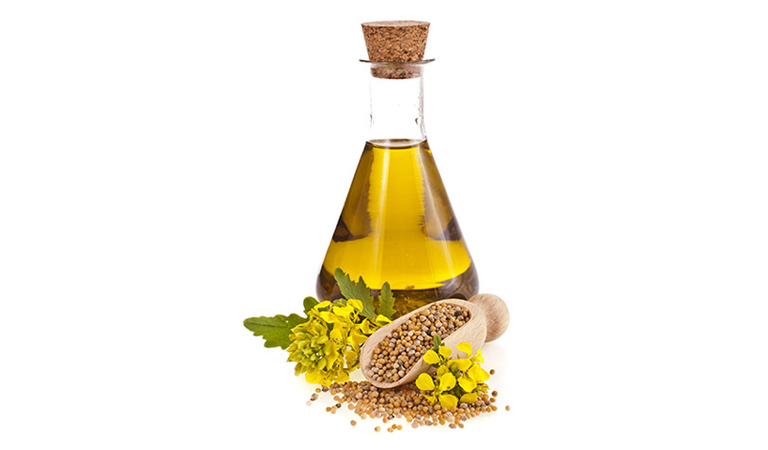
Sunflower Oil
Healthy, natural sunflower oil is produced from oil type sunflower seeds. Sunflower oil is light in taste and appearance and supplies more Vitamin E than any other vegetable oil. It is a combination of monounsaturated and polyunsaturated fats with low saturated fat levels.
Mustard oil has had contradictory reputations in different parts of the world over the years. It is very popular oil on the Indian Subcontinent, specifically in the Eastern parts of India and in Bangladesh. There, it is used as an edible oil and is considered very healthy, whereas in the rest of the world, it is often considered toxic, irritable and not suitable for edible purposes. In some parts of Europe, there is even a ban on selling this oil and in some other countries; it is sold as a massage oil reserved for external application only.

Sesame Oil
Sesame oil, which comes from sesame seeds, is one of the lesser known vegetable oils, but is in fact one of the healthiest alternatives to normal vegetable oil options. Sesame seeds, which are known by the scientific name Sesamum indicum, are small yellowish brown seeds that are primarily found in Africa, but they also grow in smaller numbers on the Indian subcontinent.
The health benefits of sesame oil include its ability to improve hair and skin health, stimulate strong bone growth, reduce blood pressure, increase heart health, manage anxiety and depression, protect infant health, boost your dental health, prevent cancer, improve the digestive process, and lower inflammation.
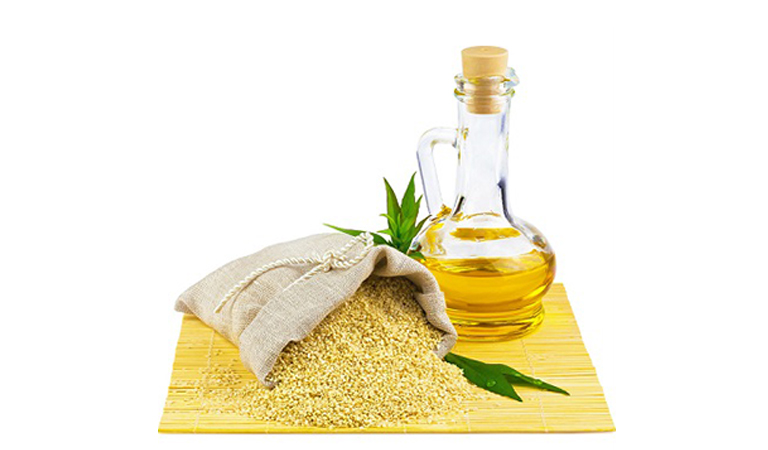
Black Sesame Oil
Black sesame seeds are recognized as one of the oldest and most useful seeds known and used by the civilizations on this planet. These small, oval, flat seeds come from the sesame plant, a flowering plant that belongs to the Pedaliaceae family.
Black sesame seeds may be small but they are packed with nutrients. They are rich in the vitamins B and E and thiamine. They contain minerals like copper, manganese, selenium, molybdenum, zinc, iron, phosphorus, calcium, and magnesium, as well as tryptophan, an amino acid. They contain the lignans sesamolin and sesamin which are effective antioxidants. They are rich in fiber and phytochemicals (phylosterol). It is not surprising to find that an increasing number of people use the seeds to promote health.
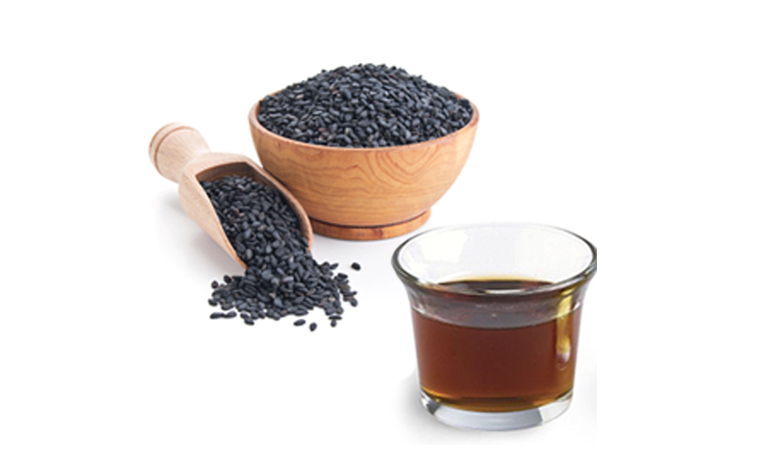
Eucalyptus Oil (Nilgiri Oil)
Eucalyptus oil uses (Eucalyptus radiata) have long been known to include anything regarding the respiratory system, deodorize and more.
The oil is created through the steam distillation of the leaves from the shrubs and trees, leaving an aroma that is camphorous, sweet, and slightly fruity. It's strange that I went YEARS really disliking this oil, and then one day found myself practically making out with the bottle.
